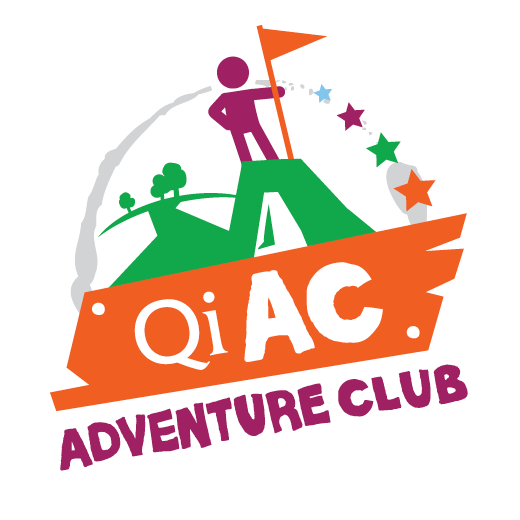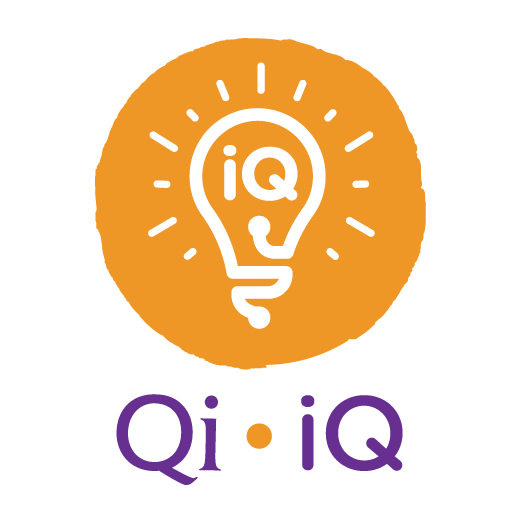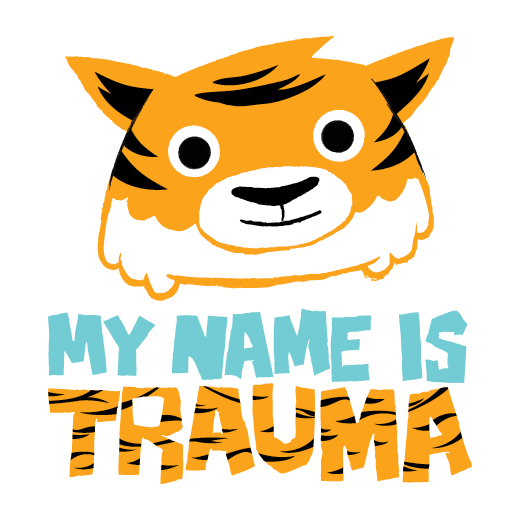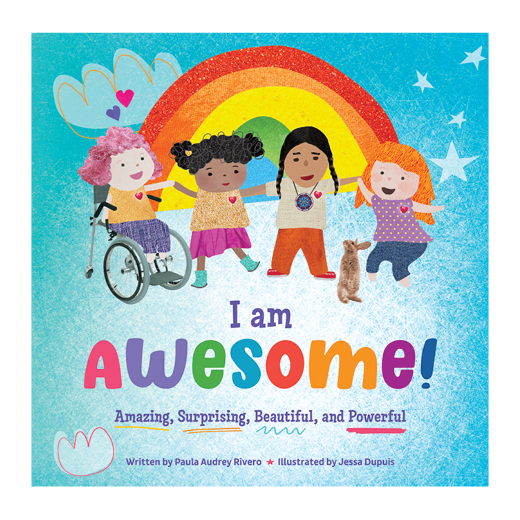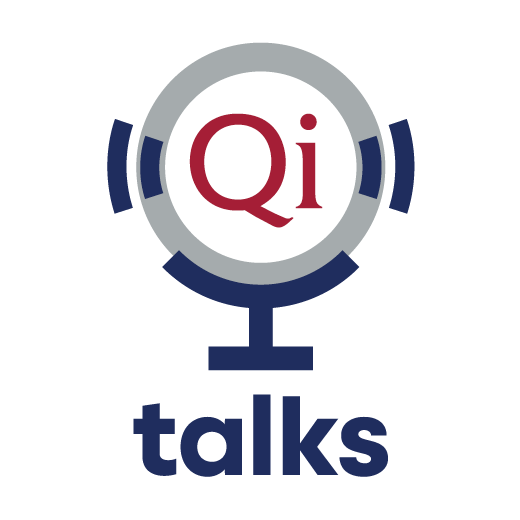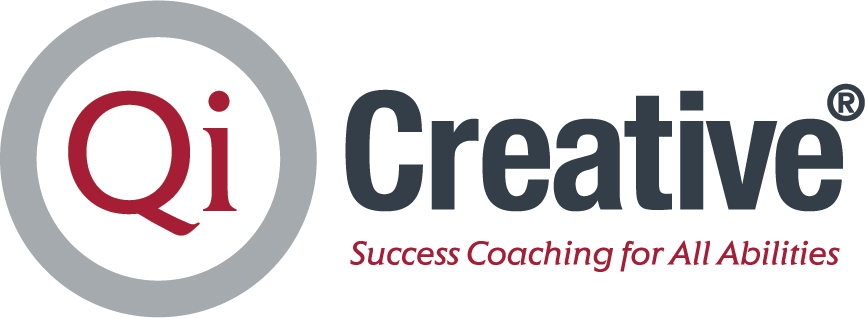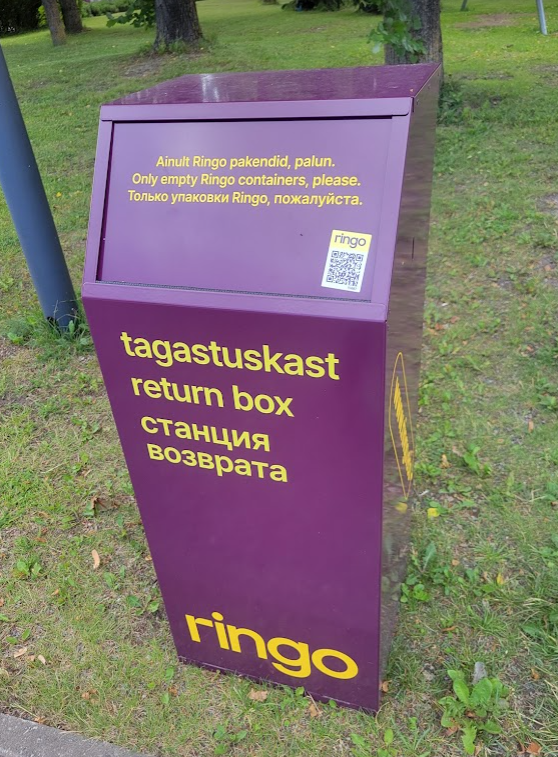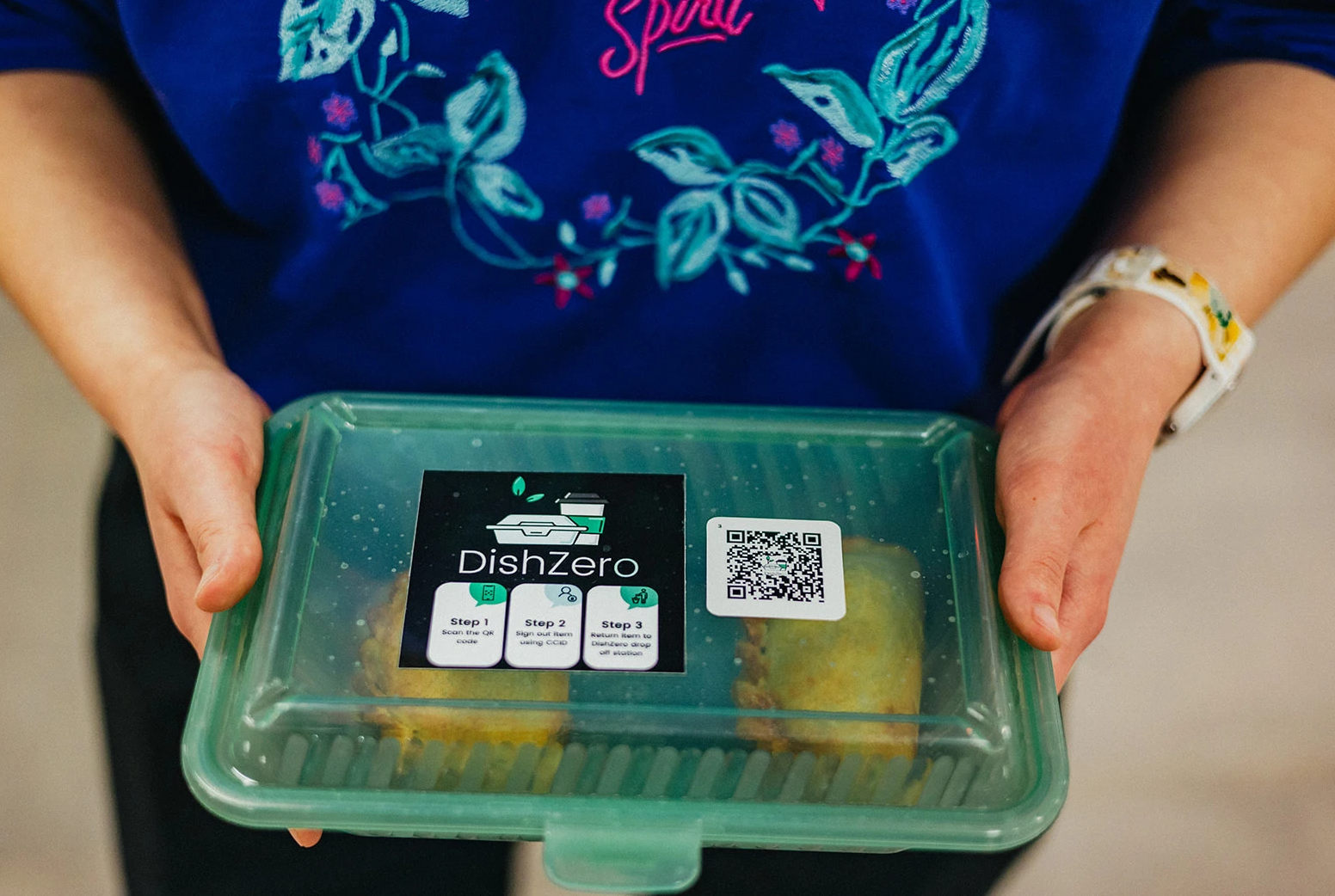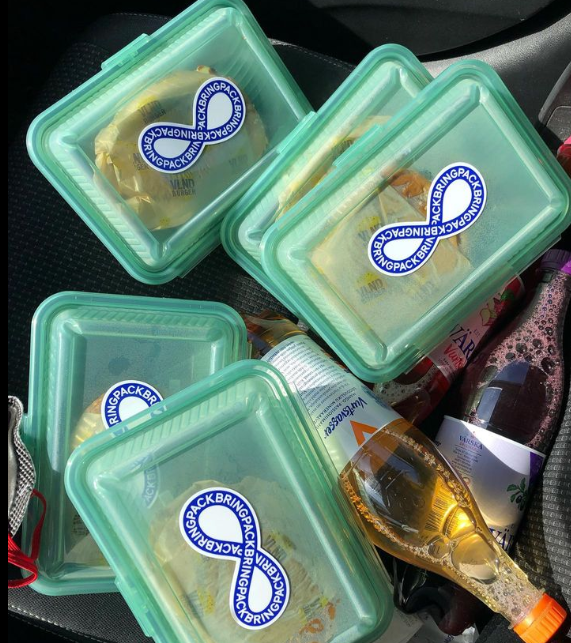World Home Economics Day 2023 - Waste Literacy Tips in Edmonton
Image description: A quick fact from the International Federation for Home Economics (IFHE), stating that 3.5 billion people could be fed by saving the amount of food currently lost or wasted worldwide.
Since 1982, World Home Economics Day (WHED) has been promoted every March, highlighting a theme around home economics and human ecology that is of importance globally.
2023’s theme is Waste Literacy. Waste Literacy is about the knowledge and competency to both reduce waste in effective ways, such as reducing the need to generate waste in the first place, and preserve natural resources and make sustainable consumption choices.
The Waste Literacy tips and ideas below are tried and recommended by Deanna Halls, our Communications Director and Professional Human Ecologist (PHEc).
Home Economics and Human Ecology in Alberta
In Alberta, the Alberta Human Ecology & Home Economics Association (AHEA) has supported Albertans for over 85 years by helping Albertans make the best use of their resources.
Prior to today’s digital media landscape, District Home Economists worked across the province to educate and assist Albertans with all sorts of household and consumer needs and concerns. At the University of Alberta, the Department of Household Economics was established over a century ago, in 1918 under the Faculty of Arts and Science. Presently, the Department of Human Ecology operates within the University of Alberta Faculty of Agriculture, Life, and Environmental Science.
Today, Home Economists and Human Ecologists work in various fields, such as food preparation (crafting recipes in a test kitchen, devising school lunch programs), to human services agencies (social work, emergency shelters, senior care homes), to fashion merchandizing and textile science (firefighter’s uniforms, sweat-wicking athletic wear, adaptive clothing for disabilities) and far more.
Scroll down to find out ways you can increase your Waste Literacy knowledge here in Edmonton:
Order a Meal from Too Good To Go
Too Good To Go fights food waste by letting app users purchase, and rescue, unsold food offered by businesses across the city.
Just because food didn’t sell during normal business hours doesn’t mean it shouldn’t be given a second chance to find its way to a hungry customer.
Shops and restaurants post when meals are available for purchase, and then you can buy and pick up these meal boxes at steep discounts!
The one consideration about using Too Good To Go is that the majority of meal boxes are surprises and you will not be able to control for allergies or dietary needs. You will expect, for example, a meal box from a café to have pastries, but generally you will not have a choice in what kinds of pastries you will receive.
Otherwise, have fun, save money, and bon appetit!
Some Edmonton and Leduc business that use Too Good To Go:
Malina Bakery
Stuffies Pastries
YEG Exotic
Bubble Tea Depot
Jovic Bakery
Pearson’s Berry Farm
Bento Sushi
Download the Too Good To Go app and start exploring!
Drop off and Find New Things at the Reuse Centre
Image description: The Reuse Centre building logo in Edmonton
The Reuse Centre is located on 6835 83 Street here in Edmonton.
The Reuse Centre is way more than just clothes: all sorts of reusable items such as arts and craft supplies, home decor, party supplies, packaging material, and more can be donated and made available for other Edmonton residents.
Are you a school teacher looking for bibs and bobs for students to craft up on their next project? Want to decorate a birthday party on a budget? Looking for blankets and board games to take to your family cabin trip in the woods? Head to the Reuse Centre!
What’s the difference between a new cotton t-shirt and a second-hand cotton t-shirt? About 2,700 liters of water. Consider browsing the Reuse Centre, or many other secondhand, consignment, or thrift shops in town, for giving your wardrobe an update, or organize a clothing swap with your colleagues.
See the Accepted Items List for a full collection of what the Reuse Centre can take and prepare for others to use and enjoy.
Visit the Eco Station for your Spring Cleaning
In Edmonton, there are 4 Eco Stations across the city.
Most visitors come to Eco Stations by car with their waste in their car trunks and backseats, where after a quick chat with the Eco Station staff, drive right up to various disposal bins and areas.
Eco Stations accept all sorts of materials including electronics, scrap metal, mixed waste, cans of household paint, and even hazardous waste. You can also bring excess garbage bags to the Eco Station for disposal, should you have more than your household garbage tub can fit.
Some items such as batteries, BBQs, bicycles, frying pans, and tires can be dropped off at your nearest Eco station for free.
Some items, such as refrigerators that contain chlorofluorocarbons (CFCs), cost $20 per item for removal and processing.
Borrow a Home Energy Toolkit from the Edmonton Public Library
Give your home an environmental check up by borrowing a Home Energy Toolkit from our local library!
The Home Energy Toolkit contains equipment, tests, and other information to help you understand how your unique house uses energy, and ways that you can save money over the course of your home ownership.
The Home Energy Toolkit is full of nifty equipment, including an Imaging Thermometer that can help map temperature fluctuations in your household and areas where you could be losing heat (eg. Uninsulated windows, drafty areas).
Once you find those culprit areas, or old appliances and bulbs that suck more energy (and money) than you should be paying for, you can properly insulate or replace them—and save $$$—throughout our long Edmonton winters.
Eat With Reusable Dishes and Cups
(Above photos, left to right: A purple Ringo return box for reusable dishes in Estonia; a person holding a DishZero box at the University of Alberta; a drink contained in a Bringpack cup; a series of Bringpack boxes filled with different lunches.)
In Estonia, Deanna enjoyed the usage of two different Dish Share initiatives: Bringpack and Ringo. At the University of Alberta in Edmonton, a similar, student-led Dish Share initiative is on the rise known as DishZero.
Bringing your own reusable cups, thermoses, lunch boxes etc has been a staple for billions of families—and now, Dish Share programs give the option to borrow reusable dishes and cups for a small deposit, rather than eating with and throwing away plastic or paper cutlery.
Just make your purchase with the DishZero deposit, enjoy your meal, and return the box within 48 hours where it will be washed and reused for a future customer.
Enroll in a Cooking Class
Image description: A chocolate cake with the word “Qi” written in icing on top, from a baking class offered by Duchess Atelier.
Do you make the most of your food? Find yourself ordering in more often than you’d like?
Do you know how to stretch your groceries in the face of high prices for staples like butter and milk? Found a bunch of random cans in your pantry with no idea what to do with them?
Cooking classes can prepare you for a lifetime of effective food buying, food preparation, and becoming the one everyone looks forward to seeing at a potluck.
Many businesses across Edmonton offer cooking and baking classes, from simple/beginner classes teaching essential skills (Eg. knife handling, soups, preserving), to more specialized experiences in baking techniques, or cooking cultural cuisine.
Baking and cooking classes in Edmonton:
Grow Your Own Veggies
Image description: The Tower Garden is a vertical, aeroponic gardening system. There are various plant pods growing dill, basil, chives, and yellow rhubarb.
Waste literacy isn’t just about the “reduce, reuse, recycle” jingles we learned as kids—but practical skills that can foster more resilient, self-sufficient citizens, families, and communities.
Around 2017, Deanna started growing herbs at home with a Click and Grow Smart Garden. Over the past couple of years, that hobby evolved to investing in Tower Gardens, holding a variety of favorite greens, from leafy salads to more niche herbs.
Over the years she has grown lettuce, celery, gai lan, rhubarb, chives, cherry tomatoes, basil, dill, green onions, lemon balm, thyme, and even wild strawberries—all from aeroponic gardening at home.
Rather than the time and gas it takes to drive (or hire a delivery service) to buy a large bundle or plastic box of herbs (most of which don’t end up used and eventually tossed), indoor gardening can be a fun and educational way to keep fresh food around, and enjoy greenery throughout our long winter season.
Start small with indoor gardens like Click and Grow, where you can learn the basics around seed varieties, sunlight, water, temperature etc
Keep your green onion stems in a jar of water, and regrow them for future meals
Borrow gardening books from the local library, or browse videos online
Visit the Reuse Centre for items such as pots to start your future garden
If you’re thinking of doing outdoor gardening in the summer season, composting your food scraps and yard waste could create nutrient-rich soil for your garden
Knowledge is Power
Image description: A person gardening outside, standing over a wide wooden bin containing various vegetable plants.
Doing our part to preserve natural resources isn’t just for the broader, sometimes intangible notion of ‘saving the planet’, but powerful skills to take care of yourself, your household, and your community.
Waste literacy knowledge can help you:
Save money when buying groceries, or borrowing or buying a cheaper, previously-owned item rather than the same thing brand new
Learn how to make multiple food items for yourself and others (eg. Meat from rotisserie chicken for roast dinners and sandwiches, keep the bones around to boil up a great chicken broth)
Know how to preserve and store food effectively
Keep food, clothing, and other products available for a second chance
Access to your own food supply and reserves (fresh/gardened and preserved/stored)
Engagement with great resources in your community (Library, Eco Station, Reuse Centre), most of which are funded via our tax dollars, so why not make the most of them?
Wasted Food is Wasted Money
The average Canadian throws out an estimated 170 kilograms of food every year, or up to $31 billion in thrown out food a year, causing strains on farming, supply chain, and waste management systems.
Plan grocery purchases in advance and use what you buy! Making a shopping list can help you avoid impulse buys.
Check your cupboards and fridge first for what needs proper restocking.
When you run out of something, immediately make a note of it wherever you keep your shopping lists (eg. Notes app, agenda, calendar, whiteboard)
Freeze and/or appropriately store what you cannot finish eating, and revisit the food at a later time (avoiding spoilage or freezer burn)
Moving out? Donate your untouched non-perishables to your local food charity.
Let’s work together to create a more sustainable future for ourselves and generations to come.
WOOSH!
